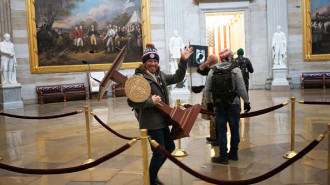Saudi Arabia bars Gulf citizens from Mecca, Medina over coronavirus fears
The foreign ministry announced in a statement "the temporary suspension of entry of (GCC) citizens to the cities of Mecca and Medina."
The GCC states include Saudi Arabia, the United Arab Emirates, Bahrain, Kuwait, Oman and Qatar - which has been blockaded by Riyadh, Abu Dhabi and Manama since 2017.
The ministry statement did not specify whether this suspension extended to Saudi citizens, but it said the decision excludes "GCC citizens who have been in the kingdom for 14 consecutive days and did not show signs of coronavirus infection".
Read also: Saudi Arabia to 'deep clean' Mecca mosque four times a day as coronavirus grips region
Saudi Arabia has so far reported no coronavirus cases but there are mounting concerns over a spike in infections across the Middle East, including neighbouring Kuwait, Bahrain and the UAE.
GCC citizens are allowed to enter the kingdom with their national identity document. But on Thursday, the government said they could only enter using their passports and not IDs.
Saudi media including the pan-Arab daily Asharq al-Awsat said the move is designed to check the travel history of the GCC citizens, including any recent visits to countries impacted by the virus.
The decision to halt access to Mecca and Medina comes a day after the kingdom suspended visas for the year-round "umrah" pilgrimage, an unprecedented move that has left tens of thousands of Muslim pilgrims around the world in limbo.
The kingdom on Thursday also suspended visas for tourists from countries affected by the virus as fears of a pandemic deepen.
In particular, electronic tourist visas for people arriving from seven countries, including China, Italy, Japan, South Korea and Kazakhstan, have been suspended, according to state media.
Saudi Arabia said the suspensions were temporary, but it provided no timeframe for when they will be lifted.
The moves have also sparked uncertainty over the annual hajj pilgrimage scheduled for July.
"The government of Saudi Arabia... is closely following developments in the spread of the virus and its repercussions on an ongoing basis, and that the precautionary measures are being reviewed according to any new developments," the foreign ministry statement said.
The kingdom hosts millions of pilgrims every year in the cities of Mecca and Medina.
Nearly 7.5 million people performed the Umrah pilgrimage last year. The optional rite can be undertaken at any point during the year, unlike the obligatory Hajj pilgrimage.
Many pilgrims also go on to travel to the Prophet's mosque in Medina, one of the largest in the world.
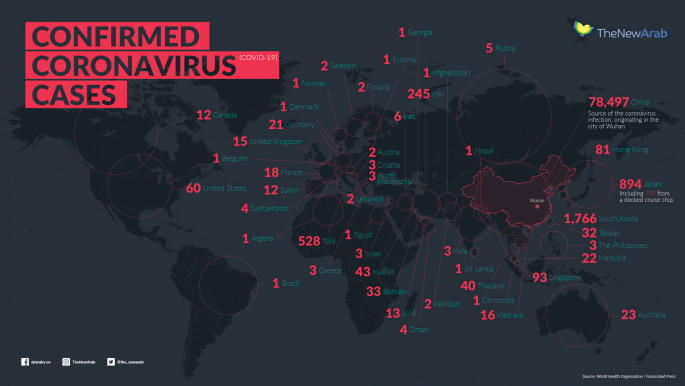 |
| [Click to enlarge] |
The pilgrimage forms a crucial source of revenue for the government, which has said it aims to attract 30 million religious visitors annually to the kingdom by 2030.
Saudi Arabia is not the only country in the region to have placed restrictions on religious rites in a bid to contain the spread of the coronavirus.
Earlier this week, Lebanon banned its citizens from travelling to Iran, Iraq and Saudi Arabia to perform pilgrimages.
On Wednesday, Iran said it would restrict access to several Shia Muslim holy sites throughout the country in a bid to contain the virus. Several of the shrines are common sites of pilgrimage for Shia Muslims.
The Islamic Republic has witnessed the deadliest outbreak of the coronavirus outside of China, where the virus originated. Unnamed health system sources told the BBC that at least 210 people had died of the coronavirus - far beyond the official death toll of 34, but a health ministry spokesman angrily denied that figure.
Authorities will also suspend Friday prayers in areas heavily affected by the virus. In Islam, men are required to pray communal prayers in a mosque at noon on Fridays.
Iraq also shuttered shrines in the Shia holy city of Najaf earlier this week.
Follow us on Facebook, Twitter and Instagram to stay connected

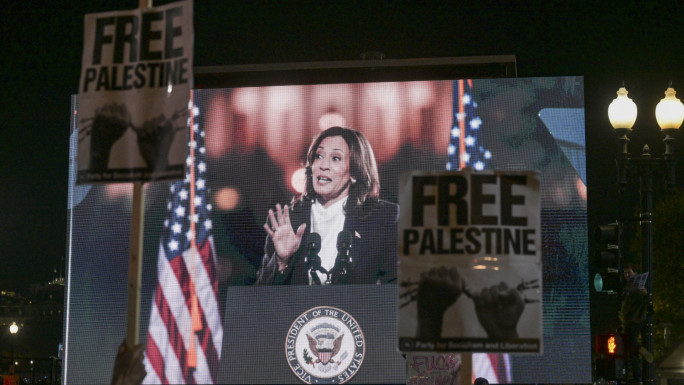

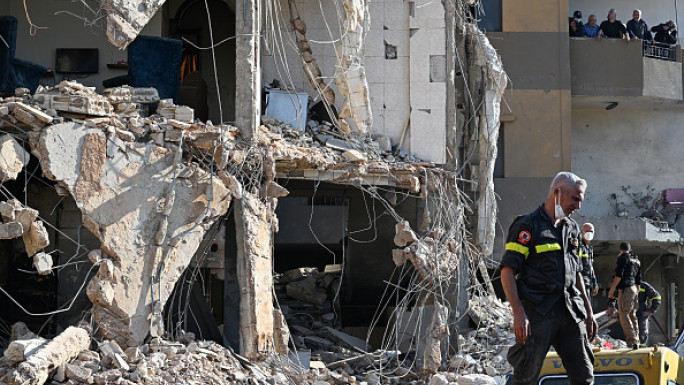
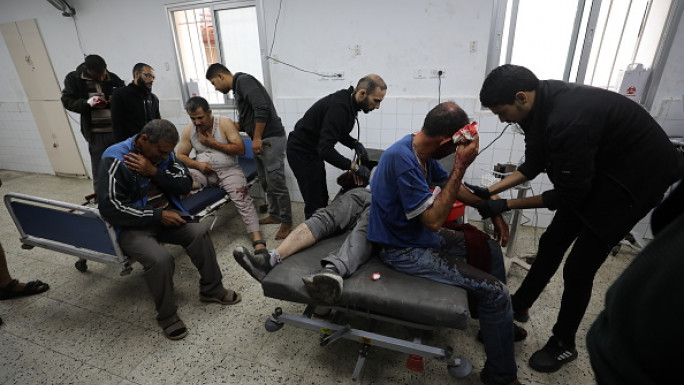
 Follow the Middle East's top stories in English at The New Arab on Google News
Follow the Middle East's top stories in English at The New Arab on Google News

![President Pezeshkian has denounced Israel's attacks on Lebanon [Getty]](/sites/default/files/styles/image_330x185/public/2173482924.jpeg?h=a5f2f23a&itok=S2wzLy-W)
